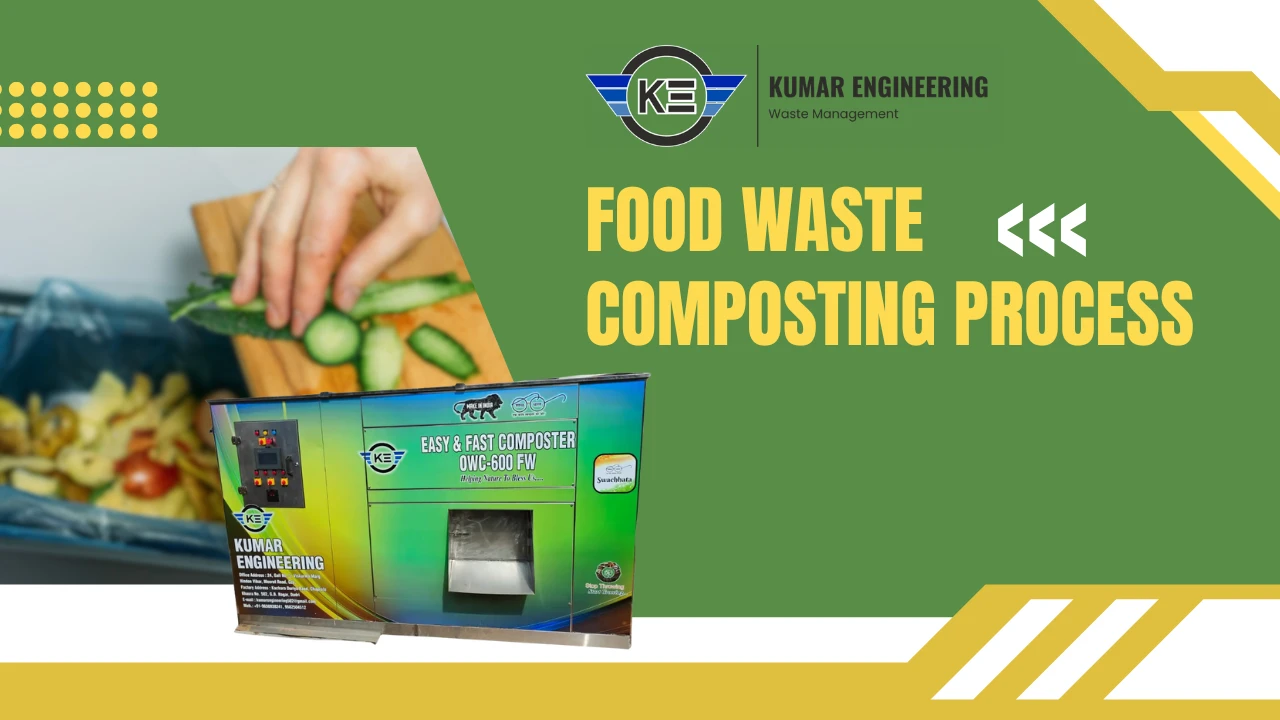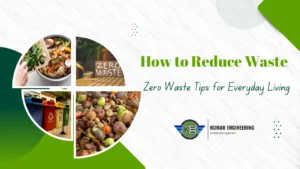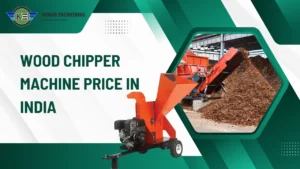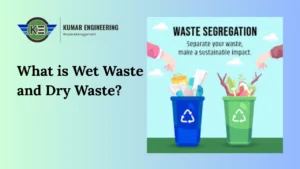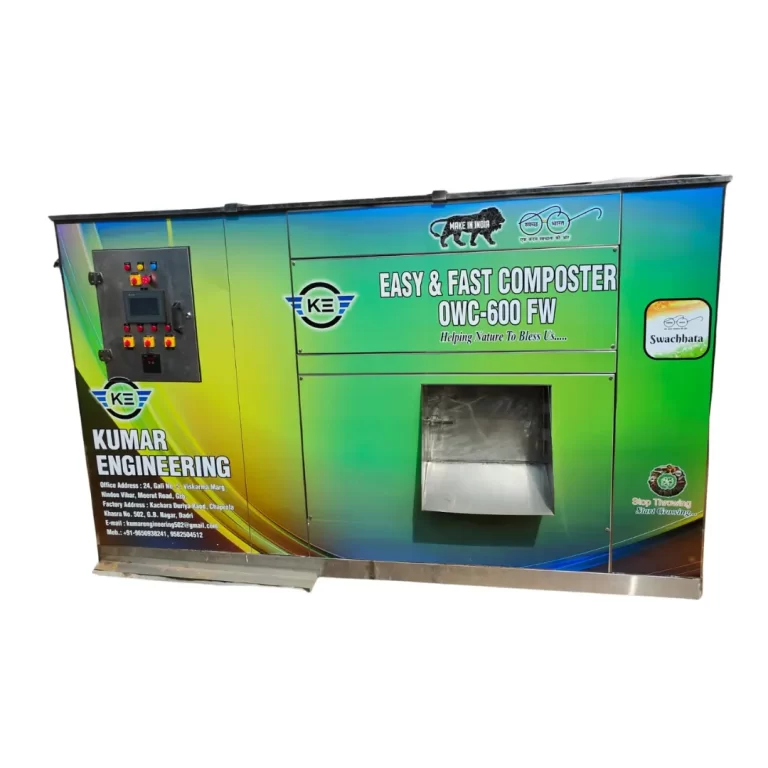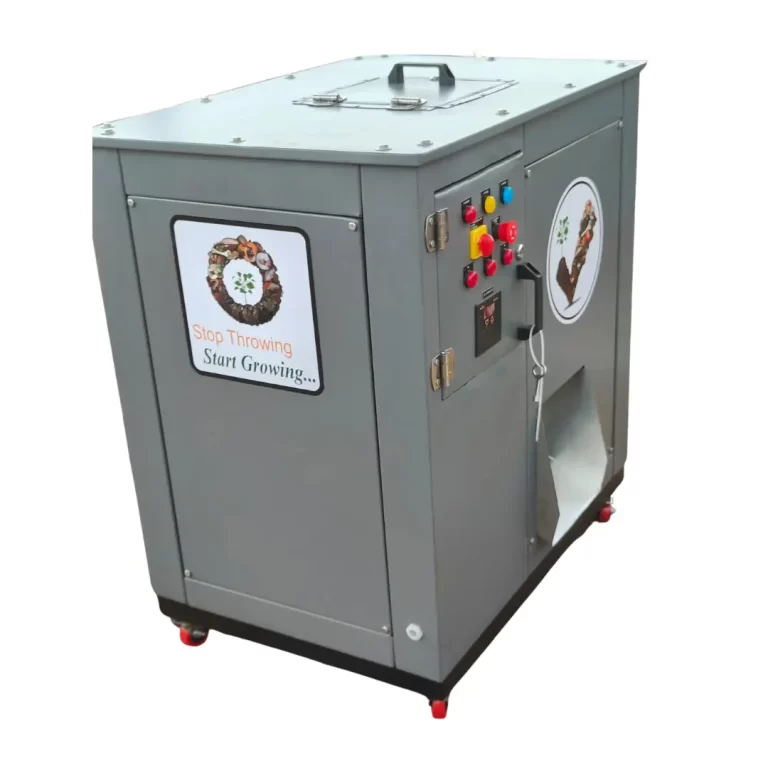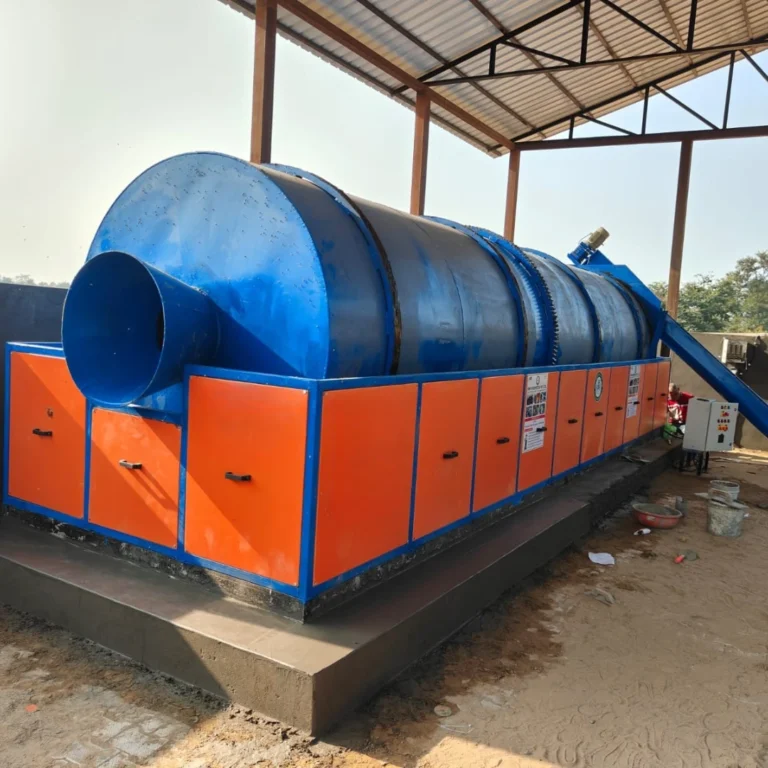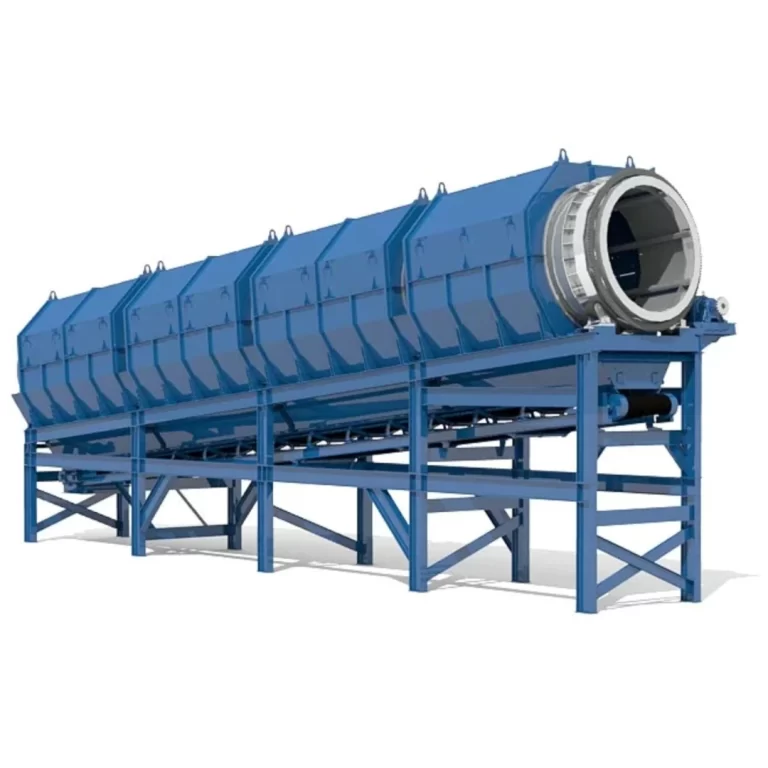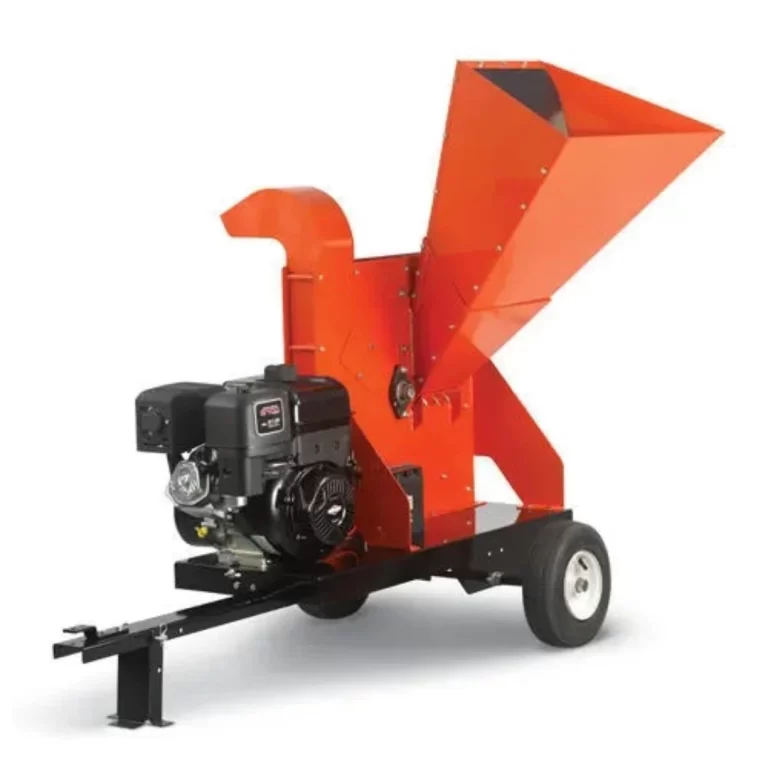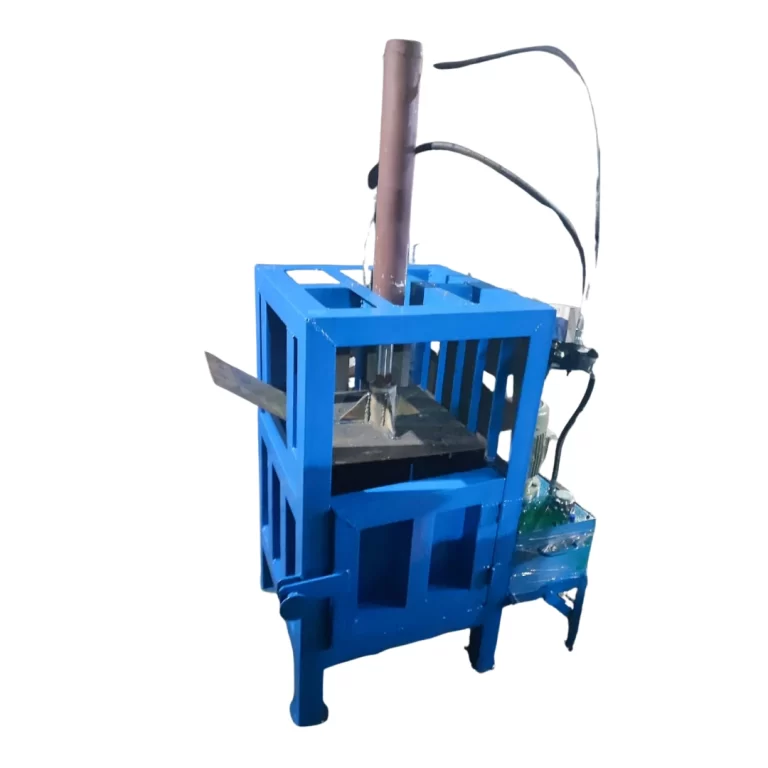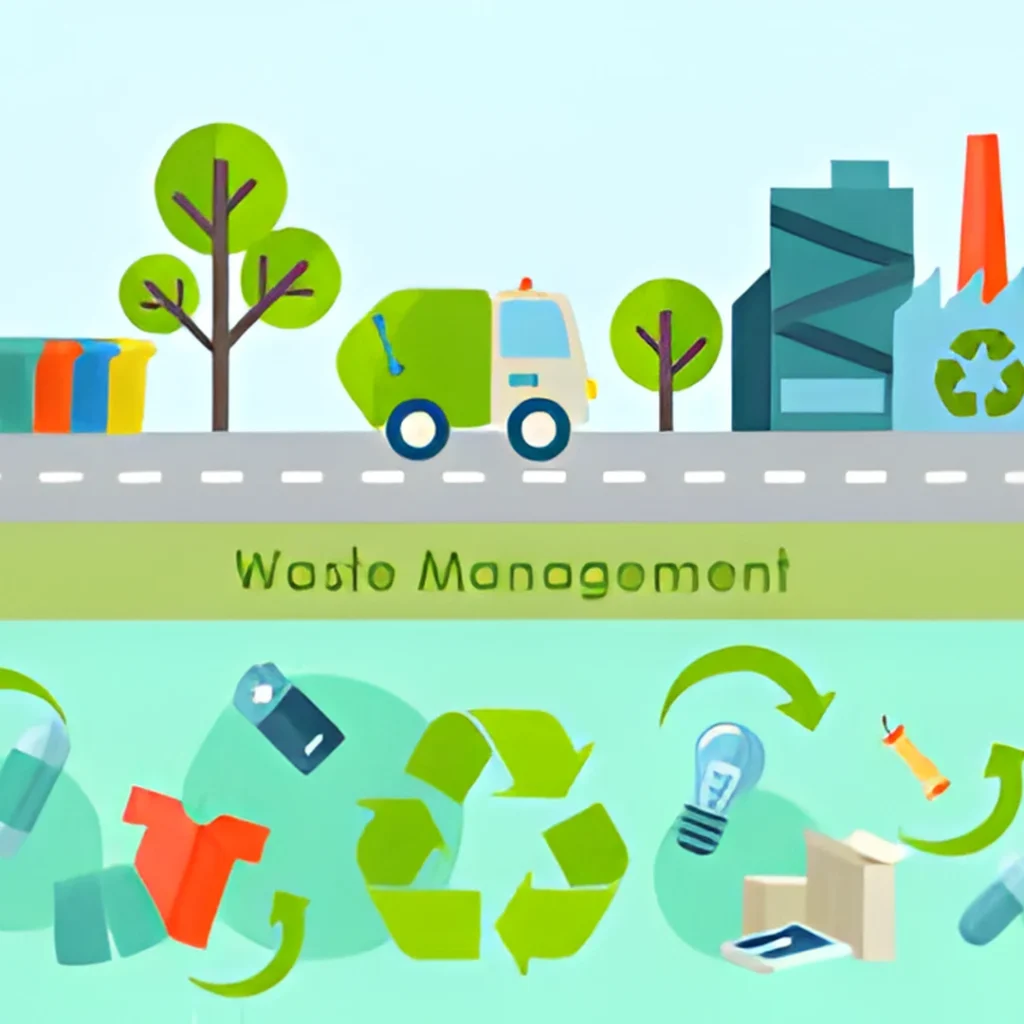In today’s time, the problem of waste has increased a lot. Especially food waste, which comes from homes, restaurants and hotels, can become a threat to the environment. It is very important to manage it properly. Keeping this need in mind, food waste composting is an excellent solution. In this blog we briefly explain the food waste composting process, its advantages and the important role of food waste composting machine in this process.
What is food waste composting?
Food waste composting means converting food waste, such as vegetables, fruits, rotis and other kitchen waste, into organic manure (compost). In this process, food waste is broken down in natural ways and a fertilizer rich in nutrients is produced for the soil.
The benefits of composting are not just limited to the environment. It increases soil fertility, provides natural fertilizer for plants and reduces the amount of waste.
Food Waste Composting Process:
- Continuously adding food waste and continuing the process: Composting is a continuous process. As new food waste is produced, it should be added to the compost so that fresh and useful compost is always prepared.
- Separate collection of waste: First of all, food waste from home, hotel or restaurant is collected separately, such as vegetable and fruit peels, rotis, cereals, cooked food and tea/coffee leftovers. It is important to keep it completely separate from other waste.
- Choosing the right container or machine: For small scale households, home compost bins are used, while large scale hotels, restaurants or food processing units use drum composters or machines so that the composting process is done quickly and systematically.
- Chopping food waste into small pieces: It is necessary to chop the food waste in large pieces into small pieces, as small pieces decompose faster and bacteria and microorganisms act on them faster, speeding up the composting process.
- Balancing carbon and nitrogen: There are two main elements required in composting – nitrogen (which comes from vegetables, fruits and kitchen waste) and carbon (which comes from dry leaves, towels or small pieces of paper). Their balance should be around 1:3 so that composting can be done properly and there is no smell.
- Mixing and aeration: The food waste in the container or drum should be stirred from time to time so that air can enter. This process keeps the bacteria and microorganisms active and runs the process of decomposition evenly.
- Maintaining the right level of moisture: It is very important to maintain moisture during composting. If the waste is very dry, then a little water can be added, but adding too much water can cause problems of rotting and odor.
- Taking care of temperature and time: Home composting takes about 30-45 days, while industrial composting can be completed in 7-15 days through a machine. The temperature should be around 50-60 degrees Celsius, so that the microorganisms remain active and compost can be formed quickly.
- Checking the decomposition and finished compost: When the food waste completely rots and becomes like soil and there is no smell in it, then it should be understood that the compost is ready. It starts to look like soil in colour and texture.
- Collection and use of finished compost: The finished compost can be used as manure in gardens, fields or plants. It increases the fertility of the soil, nourishes the plants and reduces the need for chemical fertilizers.
Importance of Food Waste Composting Process:
- Reduces waste – The food waste generated from everyday households and restaurants is reduced.
- Increases soil fertility – The compost prepared nourishes the soil.
- Safe for the environment – If food waste is thrown without processing, it causes odor, insects and pollution.
- Saves water – Compost helps in maintaining soil moisture.
- Helpful in organic farming – It is possible to use natural fertilizers instead of chemical fertilizers.
Benefits
- There is less household and restaurant waste.
- Soil fertility increases.
- Natural fertilizer is prepared for plants.
- The environment remains safe.
- There are no pests and bad smells.
- Moisture remains in the soil, and water is saved.
- The need for chemical fertilizers is reduced.
Food Waste Composting Machine
Food waste composting machine makes the whole process fast, easy and hygienic. Large volumes of kitchen waste from home or industry can be quickly crushed and mixed through the machine, which starts the decomposition process quickly. Kumar Engineering is a leading Food Waste composting machine manufacture, we offer best quality machine for efficient operational results. Our machine has controlled temperature or advanced technology to keep the bacteria and microorganisms active in composting. If you have a need regarding Food Waste Composter Machine, you can contact us. We have different types of machine for waste management like Horticulture waste composting machine, trommel screen machine, wood chipper machine, baling machine or more.

